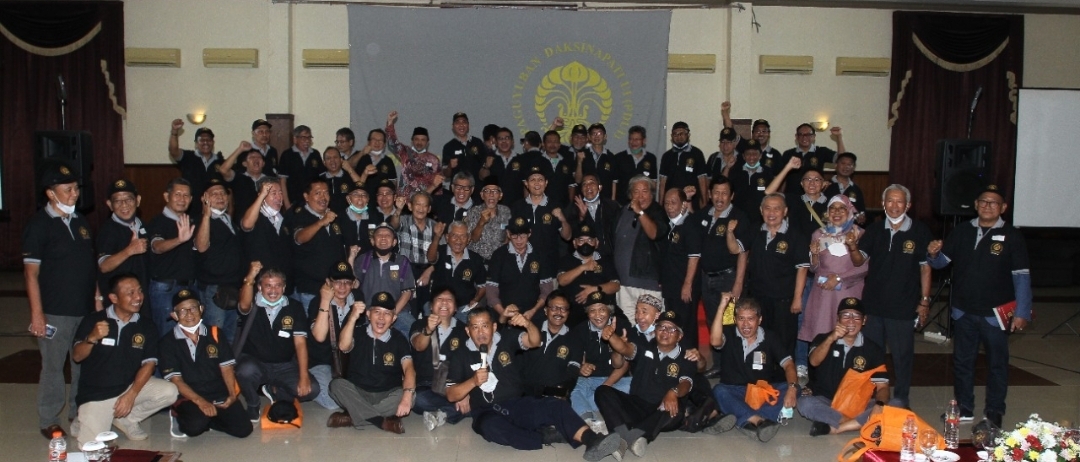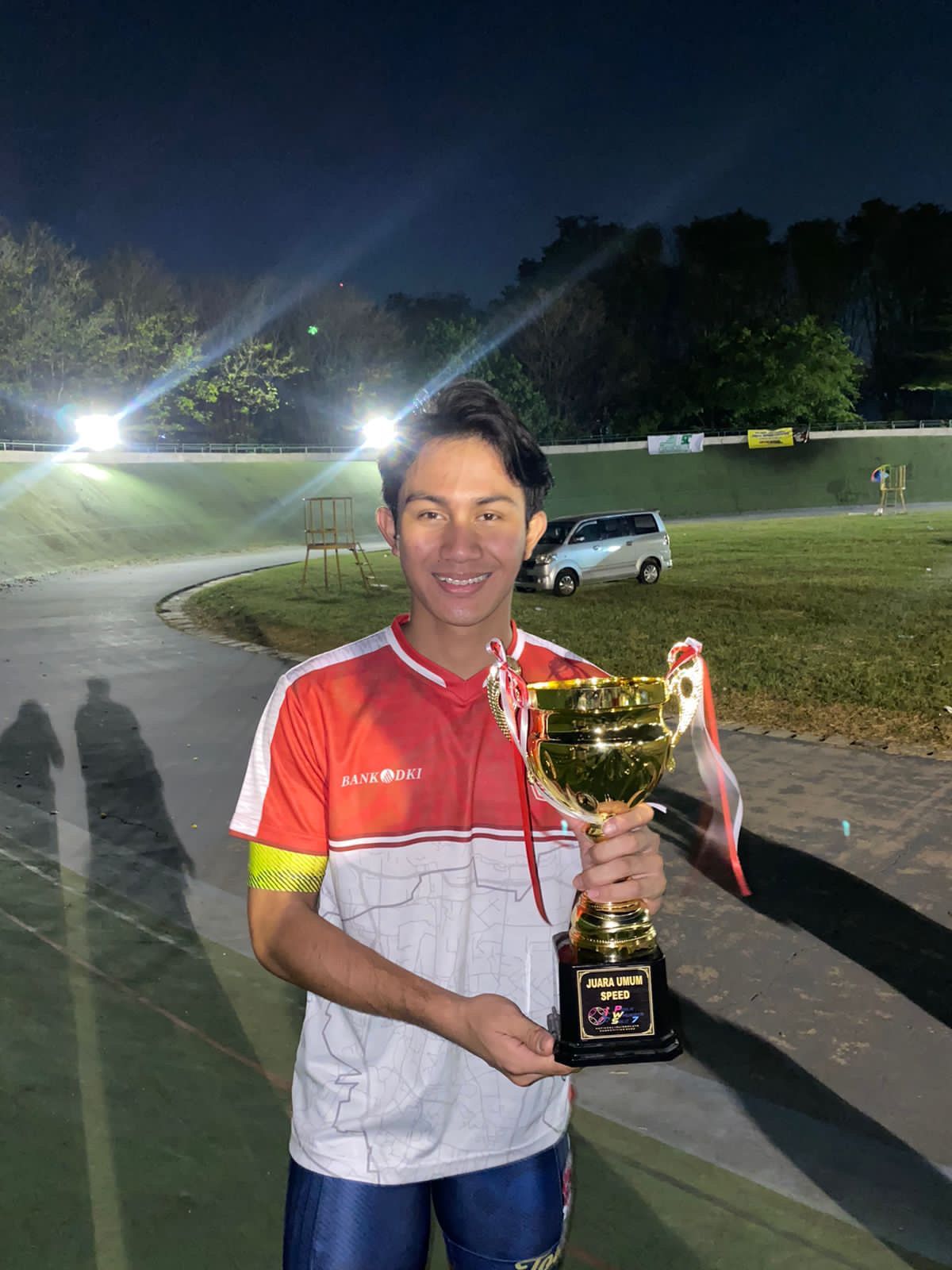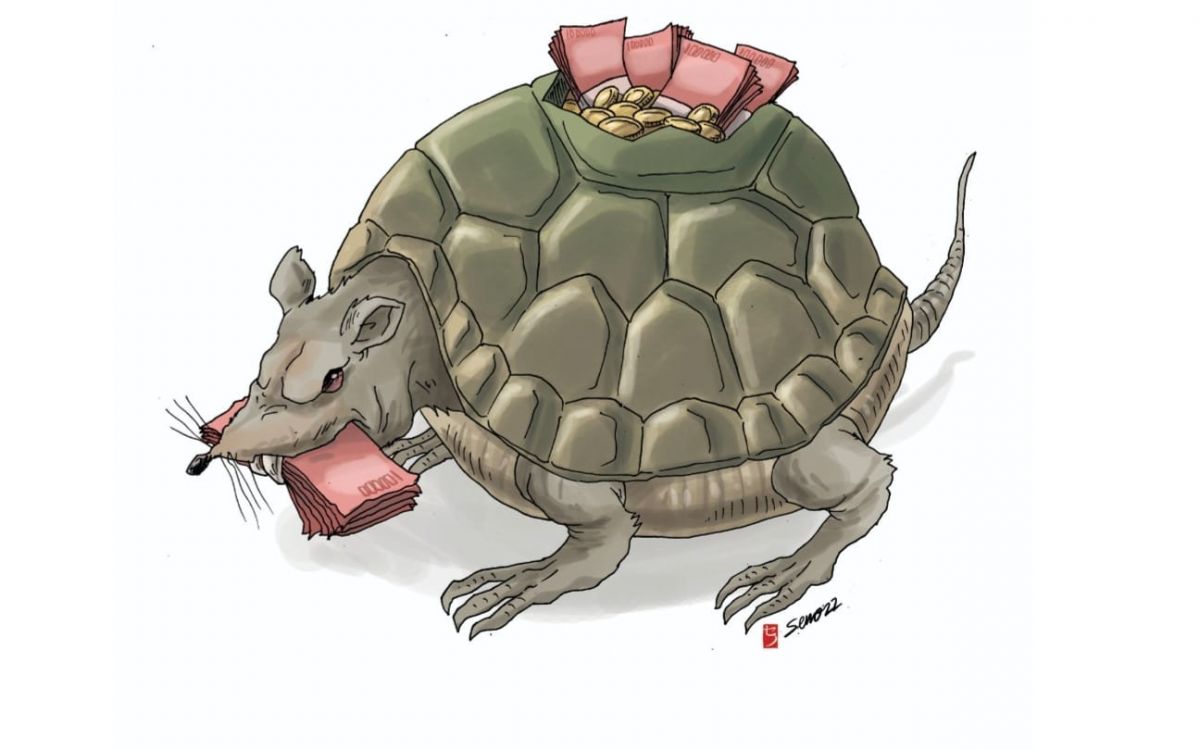![]()
Author: Ameni Nazaretha
Indonesia has various characteristics of society, based on geographical conditions to different languages and cultures. This will affect people’s reactions when faced with a certain situation, for example regarding health protocols during the pandemic that require social restrictions. Perhaps, for some people, social restrictions can be seen as contrary to the collective culture of Indonesian society. This condition is one of the challenges in preparing the Covid-19 Education Program from Universitas Indonesia (UI) Interdisciplinary Team to the diverse Indonesian society. “Around June 2020 when the spread of Covid-19 was still increasing, a number of lecturers from various fields of science started to get nervous. It is very clear that Covid-19 is not just an epidemiological problem, but is multidimensional,” said Prof. Melani Budianta, M.A, Ph.D., Professor of Faculty of Humanities (FIB) of UI, when explaining the program introduction.
According to her, the various response of the community to Covid-19 also shows the importance of approaching socio-cultural and communication aspects in delivering information about Covid-19. Departing from this background, educators from the fields of health and socio-cultural sciences finally decided to work together in UI Interdisciplinary Team to contribute to educating about Covid-19.
Departing from this background, educators from the fields of health and socio-cultural sciences finally decided to work together in UI Interdisciplinary Team to contribute to educating about Covid-19. “The work was carried out by observing Covid-19 information in the mass media and mapping information that was incorrect/hoax and incomplete or uncommunicative. Of course there are also examples of complete information that are easy for ordinary people to understand,” said Prof. Dr. dr. Ratna Djuwita, MPH, Professor of Faculty of Public Health of UI, completes Prof. Meliani Budianta’s explanation. Against this background, UI Interdisciplinary Team agreed that a set of knowledge was needed as a foundation.
The team from the Public Health and Medicine fields then compiled all the knowledge they had about Covid-19 in detail, which was then translated by the Social and Humanities Sector Team so that it could be easily understood by people with various backgrounds. UI Interdisciplinary Team consisting of Faculty of Medicine (FK), Faculty of Public Health (FKM), Faculty of Humanities (FIB), and Faculty of Social and Political Sciences (FISIP) launched the Covid-19 Education Program: Recognizing Covid-19, Strengthening Behavior, and Controlling the Pandemic on Wednesday (27/10). Preparations for the organization of this innovation program were supported by the Ministry of Tourism and Creative Economy (Kemenparekraf) and facilitated by the Directorate of Innovation and Science Techno Park (DISTP) UI.
![]()
The Covid-19 Education Program is an innovation program to enrich knowledge and strengthen people’s behavior in dealing with the Covid-19 pandemic. Syaifullah, Ph.D., the Director of Applications, Games, TV and Radio for the Ministry of Tourism and Creative Economy, and the Head of the National Disaster Mitigation Authority (BNPB) who is also the Head of the Covid-19 Handling Task Force (Satgas) Lieutenant General Ganip Warsito, S.E., M.M. In order for the information to be conveyed properly, UI Interdsciplinary Team prepared two things. First, the team completed the knowledge reference with a glossary containing explanations that non-medical laymen can understand. Second, the team prepared visualizations to visualize viruses in the form of videos related to daily stories.
To convey these two things so that they can be accepted by all parties, the team implemented a participatory dialogue strategy, namely two-way communication with a companion role. The method used is Training of Trainers (ToT) which is layered and can be replicated throughout Indonesia. The first stage of the ToT was carried out by UI interdisciplinary team to regional teams, such as local governments or other stakeholders. Then the second stage of the ToT was carried out by the regional team with target groups including clusters such as tourism, education, and others. “This guidebook is only a tool kit, a complement to all the methods that have been developed by this team,” said Prof. Melani Budianta. It is hoped that all parties can utilize the materials prepared by UI interisciplinary Team to recognize Covid-19, change society’s behavior, and control the pandemic.



